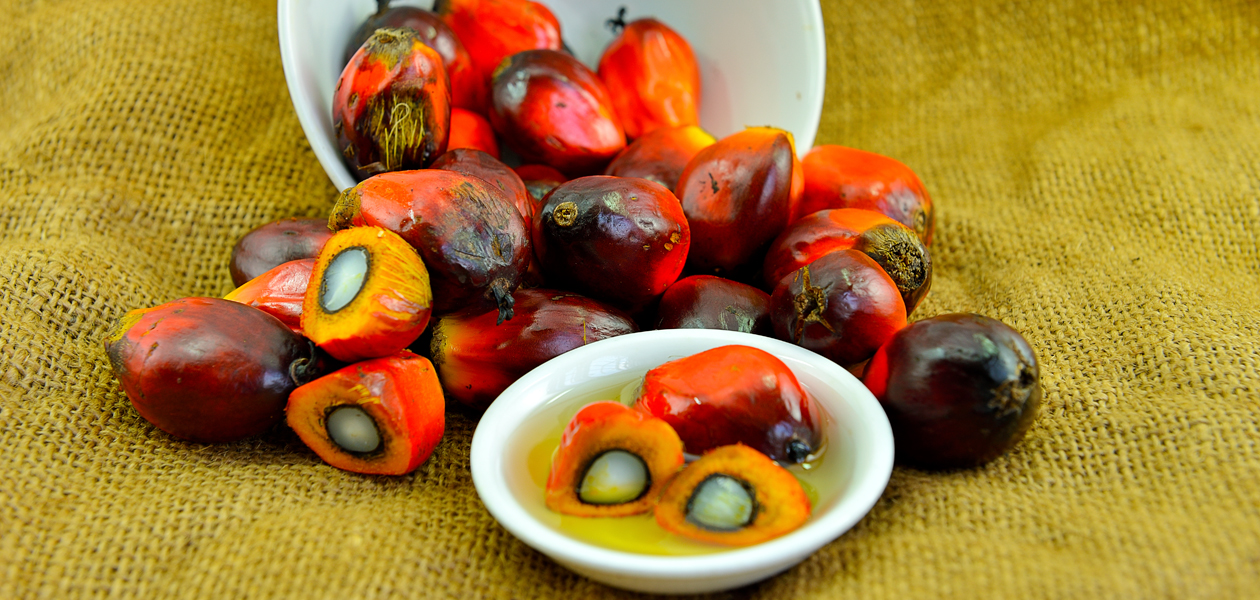Why is Malaysian Palm oil ecofriendly?
The Malaysian palm oil industry is one of the most highly organised sectors of any national agricultural systems in the world. The oil palm has been fulfilling sustainability indicators due to its high productivity and efficient carbon sequestration.
Moreover, the last half of the 20th century saw research and development activities taking place along with technological advances. These activities helped raise yields and reduce inputs, thus achieving the goal of maximising oil production from minimal use of land.
The oil palm is the most productive oilseed crop, with an average yield of 4.03 tonnes of oil per hectare, compared to 0.74, 0.61 and 0.41 tonnes of oil respectively from rapeseed, sunflower seed and soybean. The land area for vegetable oil production can be reduced by 5 to 10 times if palm oil replaces other oils.
Although it is one of the two major producers of palm oil, Malaysia utilises less than 18% of its land area of 32.86 million hectares for oil palm cultivation. At least 50% of the land area remains as rainforests, national parks, wildlife sanctuaries and nature reserves.
This green canopy
over Malaysia’s land area, provides habitats for diverse forms of flora and
fauna. Malaysia also does the world a huge service in reducing global warming
by holding so much of its land as permanent forest and keeping less than 24%
for agriculture, most
of which are tree crops, providing tree cover.








Leave a Reply